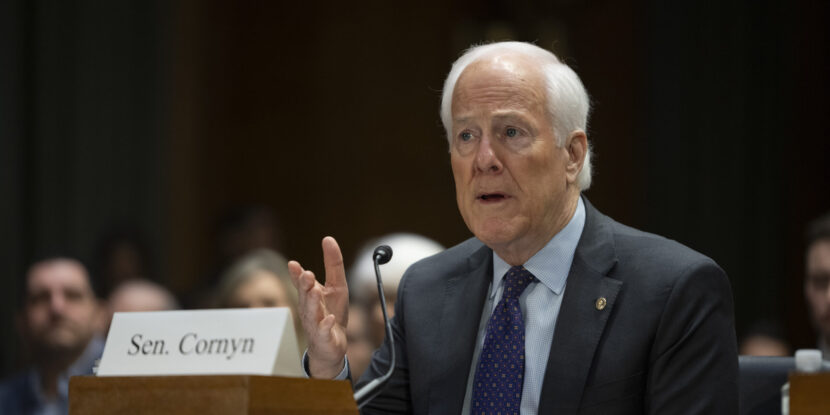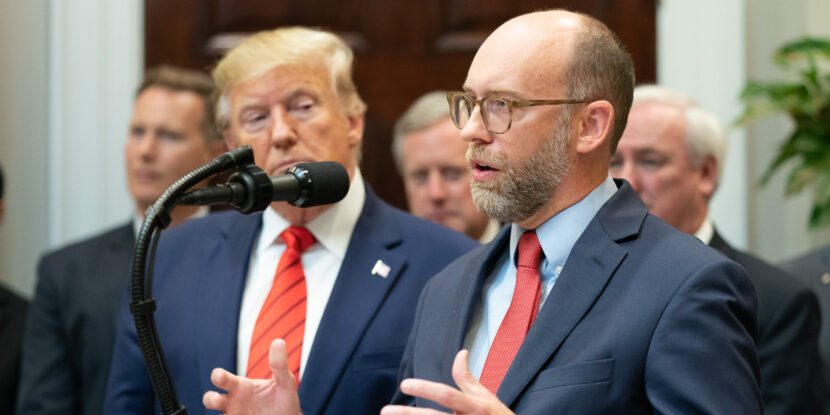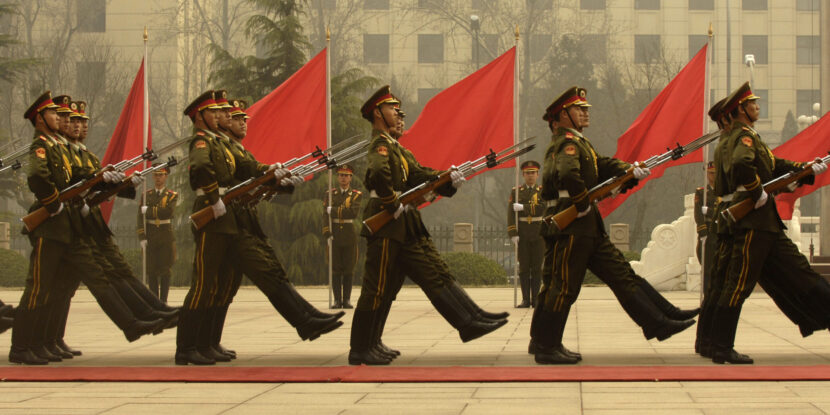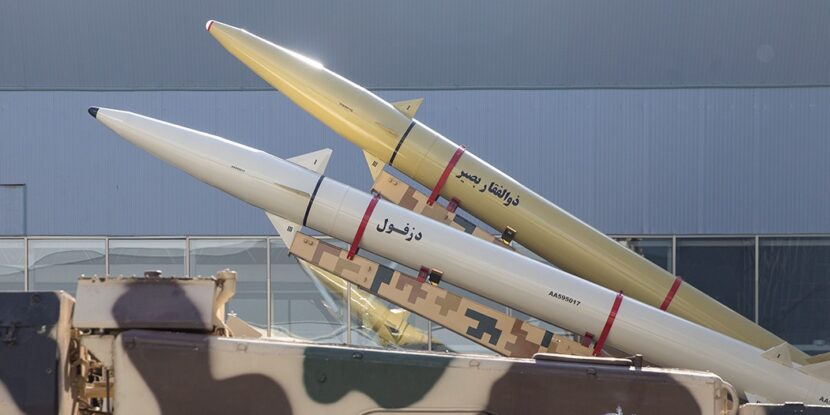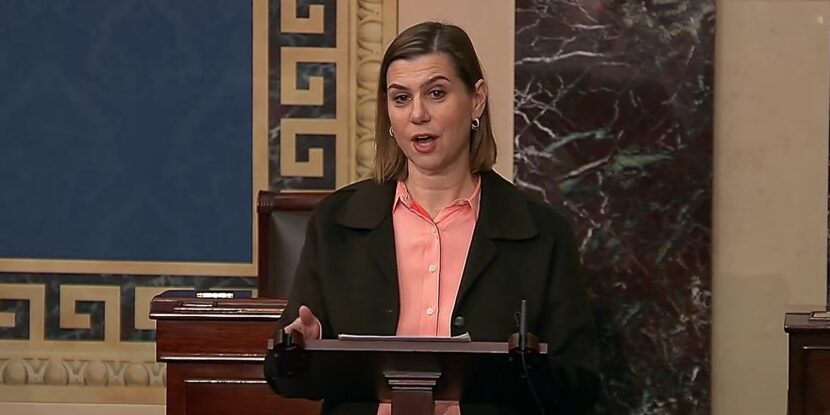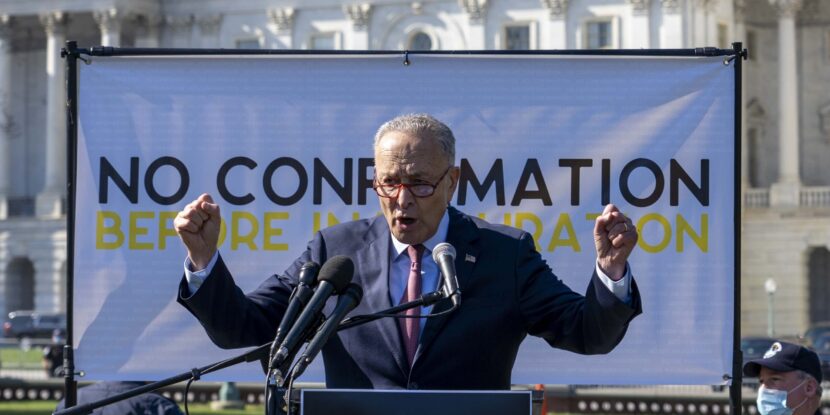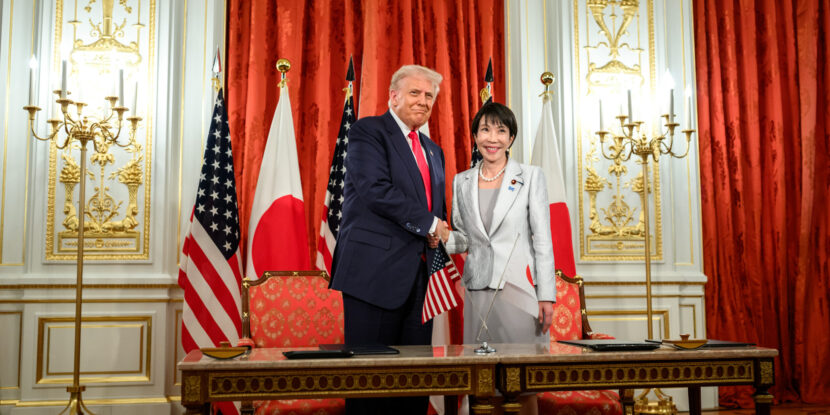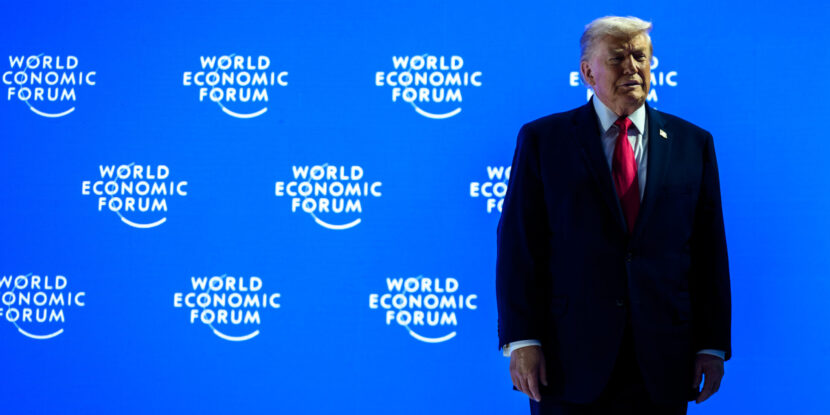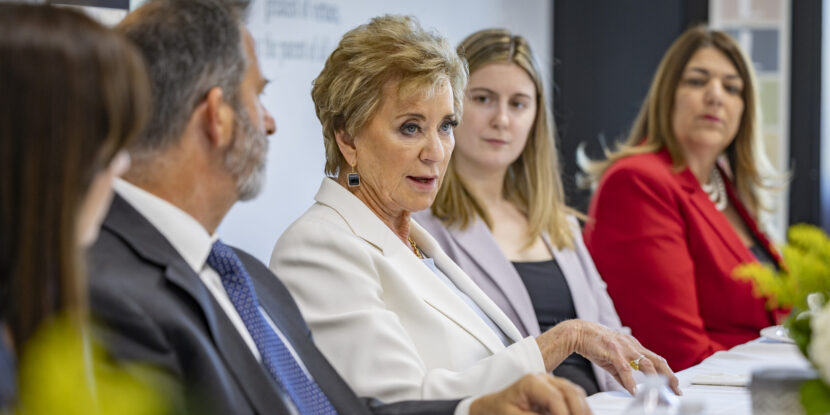Chinese Communist leader Xi Jinping ominously warned President Joe Biden that mainland China would be unified with Taiwan during their recent summit in San Francisco. The purpose of the summit was, ostensibly, to lower tensions between the United States and China. Instead Xi used it was an opportunity to push China’s agenda South-East Asia in the face of a weak U.S. president.
TENSION IN SAN FRAN.
According to reports, Xi bluntly told Biden it was his preference to take Taiwan peacefully, but the Chinese military would be used if necessary. The Communist leader told Biden the predictions of U.S. military and intelligence officials stating China would move against Taiwan between 2025 and 2027 were incorrect, and his government had no timeframe yet for unification through diplomacy or through force.
Prior to the San Francisco summit, Chinese officials had demanded President Joe Biden acknowledge and back the peaceful unification of Taiwan with the mainland communist state. The Biden government rejected the Chinese demands.
TAIWAN’S ELECTIONS.
The Chinese Communist insistence on unification with Taiwan comes at an extremely dangerous time. On Saturday, January 13, 2024, Taiwan will hold a general election to choose its next president. The current Taiwanese president and leader of the Democratic Progressive Party (DPP), Tsai Ing-wen, is term-limited. Lai Ching-te, Tsai’s vice-president, has been tapped as Tsai’s DPP successor for the island nation’s top office.
Lai’s competitor for the presidency is the Kuomintang’s (KMT) Hou Yu-ih – a former police officer and mayor of New Taipei. Ko Wen-je, the former mayor of Taipei, is the Taiwan People’s Party (TPP) nominee and rounds out the three-way race.
Outside observers believe a victory for the DPP could result in an escalation of tensions as they are the least favorable party to the communists in Beijing. The KMT, on the other-hand, has backed more pro-mainland positions and is the most likely party to ease tensions with the communists.





